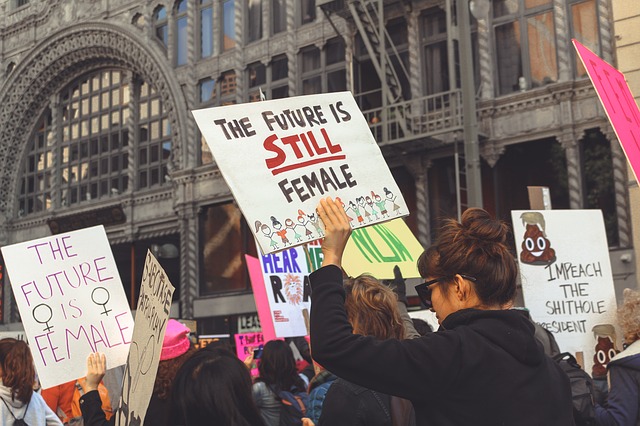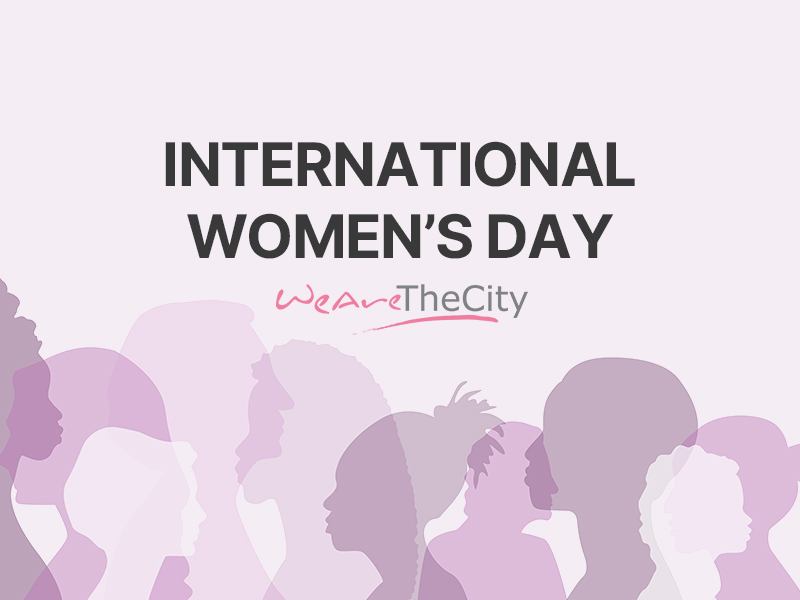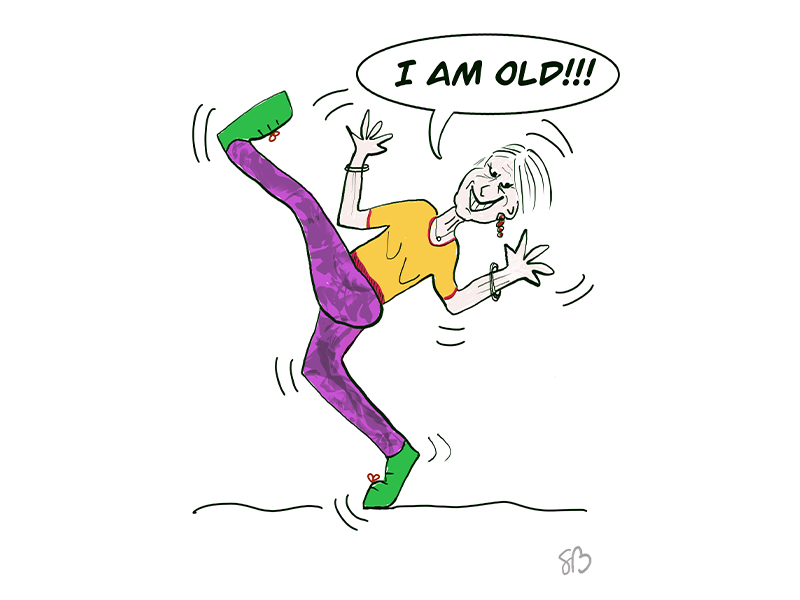Article by Eliza Cochrane of Future In Beauty, an organisation that runs nail technician courses and eyelash extension training courses all over the UK.
 Feminism is, to give the dictionary reference, “the advocacy of women’s rights on the grounds of the equality of the sexes”.
Feminism is, to give the dictionary reference, “the advocacy of women’s rights on the grounds of the equality of the sexes”.
But how did feminism as a set of ideas, and then a movement, come about, and why? Like most struggles, feminism was born out of a reaction to circumstances that were (and in some cases still are) perceived to be intolerable.
But feminism was born within a greater struggle, that of the early socialist movements across Europe, and soon came to be critical of large parts of socialism, along with society as a whole. This is the brief story of feminism as a movement, along with its ambitions and successes.
How A Critique Of Socialism Birthed Feminism
Socialism, like feminism, cannot be defined singularly. There are many different types, aspects, and viewpoints of both. But the general-purpose of feminism can — despite its dynamics — be summarized in a single sentence, so too can socialism. It can generally be agreed that the ambition of socialism is to create a society as egalitarian as possible.
Support for socialism came about as European society transitioned to a capitalist one. This societal upheaval forced the peasant and working classes from rural lands into hellish industrial factories, where they received destitute wages and propped up a new type of wealthy elite. Appalled by the new circumstances, the poorer classes began to dream of a better life. And so, the ideas of socialism came about. The ideas to spread the wealth around, so that everybody — and not just the wealthy — would be better off.
And though socialists spread ideas of equality, cooperation and social solidarity, the earliest feminists were disgruntled by the apparent lack of interest given to them. Even in the experimental socialist communities that appeared throughout Europe, the lives of women still remained difficult. They continued to play the main part in all the traditional female roles. And the key socialist thinkers — including even Karl Marx and Friederich Engels — failed to rally on women as potential agents of change. This prompted one woman, Shelia Rowbotham, to write a critique of Marx, titled ‘Dear Mr Marx: A Letter From A Socialist Feminist’. Rowbotham, among other early feminists, was inspired by Marx’s appetite for change, but her focus was on a more specific socialism for women — feminism.
Feminism, Communism & Capitalism
The first socialist society — or attempt to create a socialist society — came after the Bolshevik Revolution in Russia. The new Soviet state established full citizenship and equality for women in the right to work and in economic independence. New labour laws provided equal pay and other protections, and new family law was brought in to address the household dominance of fathers. The Soviet government was the first in Europe to introduce civil marriage, divorce on demand, abolish illegitimacy, and to legalise abortion.
Most people associate the Soviet Union as a failed project and as an authoritative regime that brutalised dissidents. But despite even with its subsequent backsliding (Stalin outlawed abortion and restricted divorce), the Soviets remained far more advanced in relation to gender than capitalist societies. Women achieved higher educational attainment and more professional and political status.
The Soviets hosted the Communist International Women’s Secretariat, a feminist organisation that tried to detangle the power structures at home and at work, including sex and marriage. The first Commissar of Social Welfare, Alexandra Kollontai, wrote the Social Bases of the Women Question, which put forth economic and sociopsychological theories designed to overcome gender divisions in domestic labour and beyond. She helped to organise nurseries, day-care centres, maternity hospitals, and restaurants — and instructed workers in how to inform people of their rights, protest against male workers, and push for the inclusion of women at all levels of decision-making.
Although the long-term events that played out in the name of socialism quickly became corrupted and nightmarish in many respects, it is interesting to note that it was still idealistically intended to create an egalitarian society. This allowed the feminists to make great strides — and they did, far before the capitalist societies could catch up.
Patriarchy & The Second Sex: Modern Feminism In The Making
After the Second World War, the position of women in advanced capitalist societies changed considerably, particularly with the vast increase in female employment. Educational opportunities increased and, with them, higher aspirations conflicted with new assumptions. Suddenly, labour-saving devices in the home provided more time for other extra activities, and contraceptives finally removed the fear of pregnancy from sex. These liberator practices led to the movement for women’s liberation or ‘second-wave feminism’.
This movement took the form of all matters of differences of opinions. One prominent thinker, Simone de Beauvoir, argued that women were regarded as the “other” by men and that there was no reason why the abolition of private property would change anything. She did say, however, that socialism was a precondition for female emancipation.
Here feminism began to take on a full-fledged life of its own. Not long after, Juliet Mitchell suggested that socialism would not automatically resolve the position of women since there needed to be an ideological revolution as well as a transformation in the systems of production. Not long after, Kate Millet argued that the relationship and conflict between the sexes were based on power and sustained by the assumptions and social structure of ‘patriarchy’, and irrespective of the economy. This new anti-patriarchy thinking led to greater campaigns against trade union rights, low and unequal pay, and other social, political and economic inequalities.
An Enduring Legacy: The Mission Of Feminism
Back in the nineteenth century, Freidrich Engels did eventually try to explain the position of women in society in his work titled ‘The Origin of the Family, Private Property and the State’. The work was largely unscientific and contained many assertions we would consider ridiculous today, but it did help to frame women as being subjugations of men in a capitalist system; whereby property ownership and the division of labour imprisoned women. This type of Marxist thought helped to shape the ‘second-wave’ feminism that arose in the 1960s: that the subordination of women contained both domestic and economic divisions.
But the split of feminism into two camps — the socialist feminists and the non-socialist feminists — caused political divisions that grew ever wider towards the late 1970s. The development of ‘identity politics’ and postmodernism in the 1980s caused even more fragmentation in feminist theories and practices. Ultimately, the women’s movement that began in the 1960s disappeared, with smaller feminist movements clinging instead to political parties and public services. And although there has been substantial progress in comparison with the situation women faced in the early 1960s, by the turn of the century no country on Earth had yet fulfilled the aspirations of second-wave feminism, with mixed results in relation to the domestic sphere, the world of work, and even the social status and representation of women.
This might sound like a disappointing note to end on, but actually it is an optimistic one. Feminism has its roots in socialism and so it is perhaps appropriate to quote the socialist Eduard Bernstein when he wrote: “to me that which is generally regarded as the ultimate aim of socialism is nothing, but the movement is everything”. It is and has been a long struggle, but women have a greater role to play in the history of humanity than ever before. We may not have yet landed at a gender ‘utopia’, but progress is the realisation of utopias.








